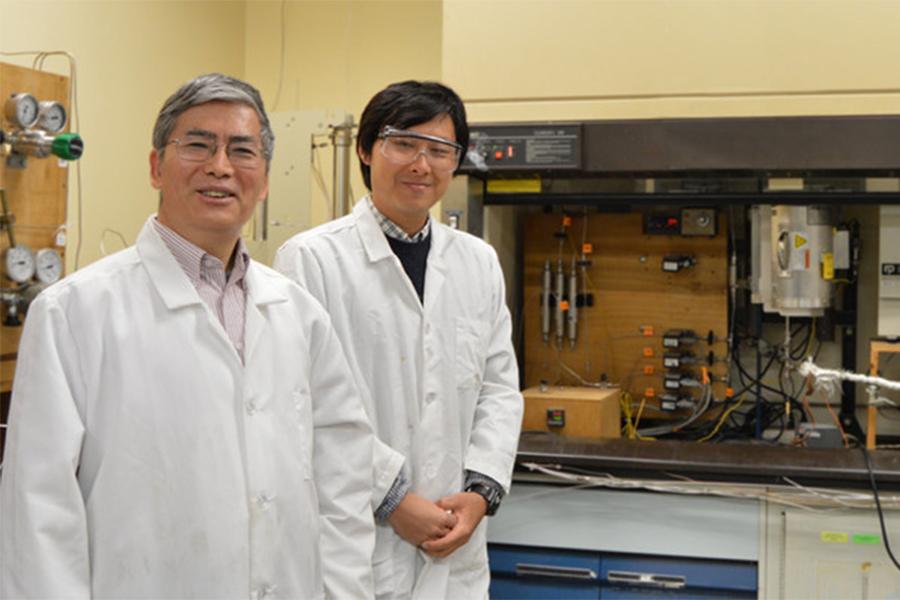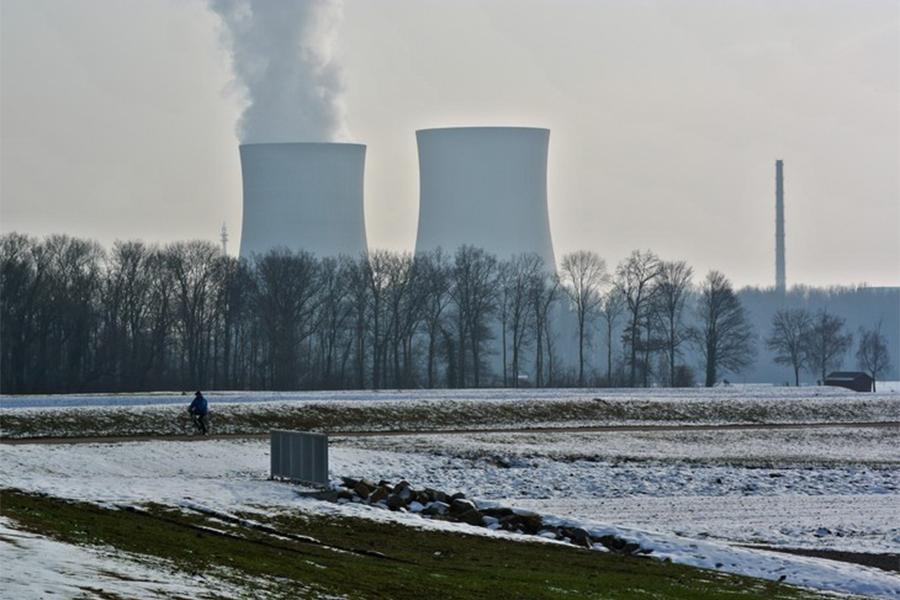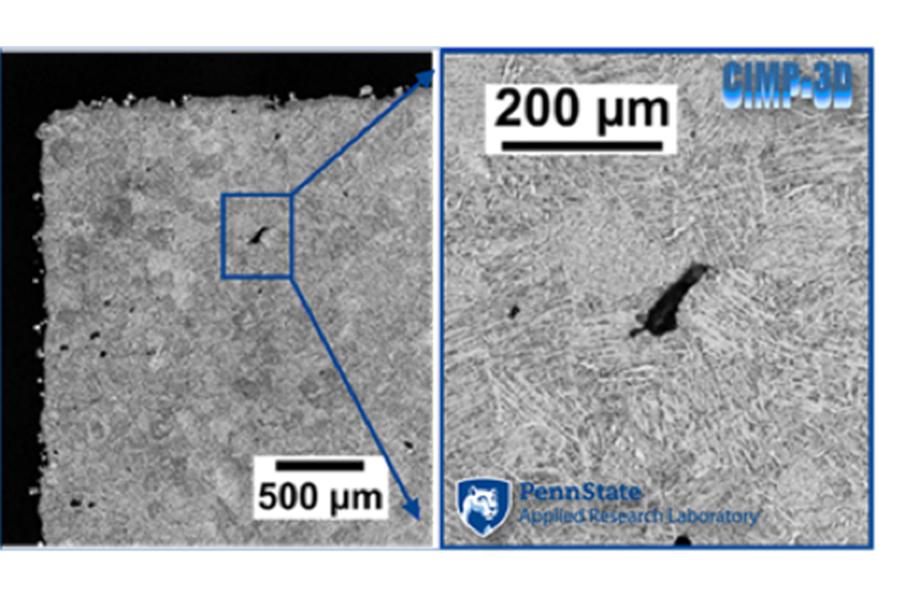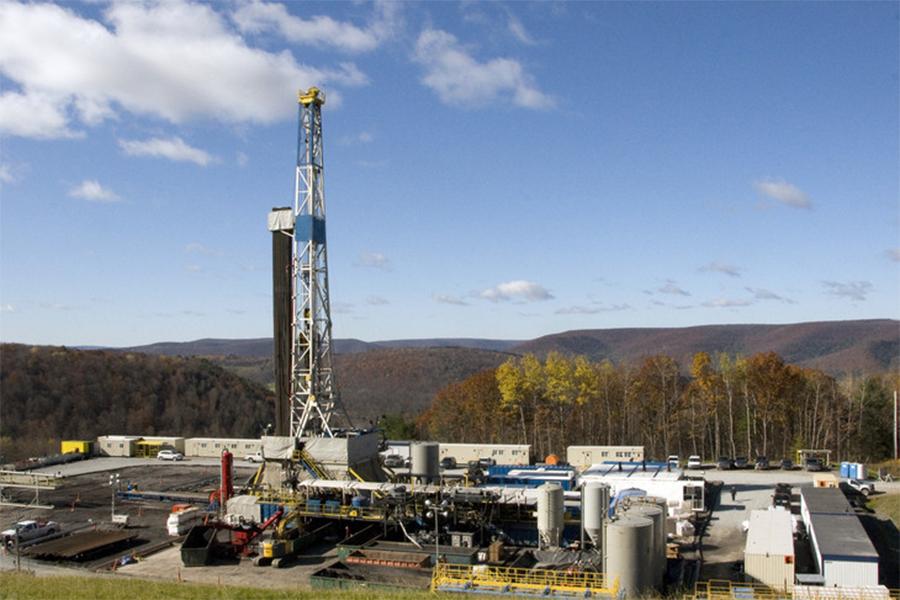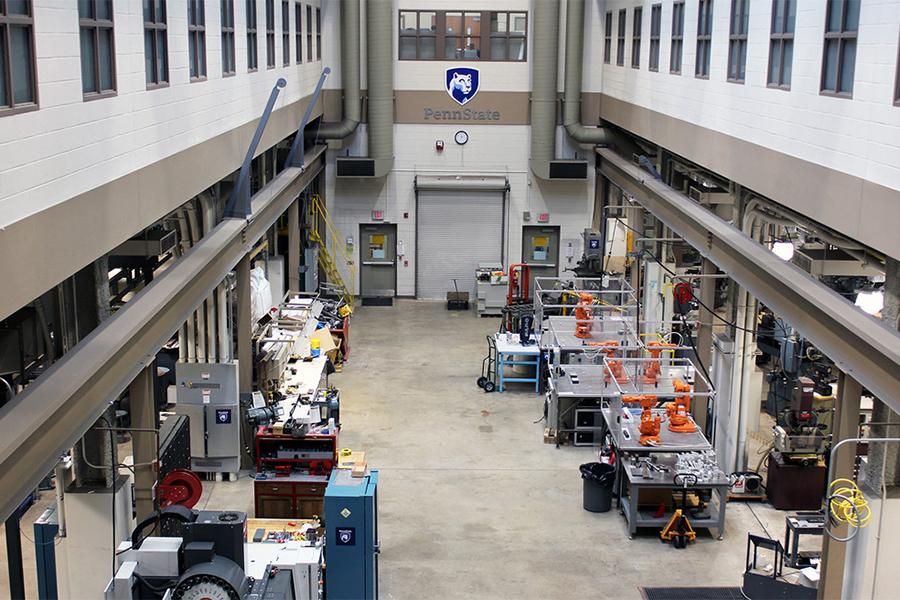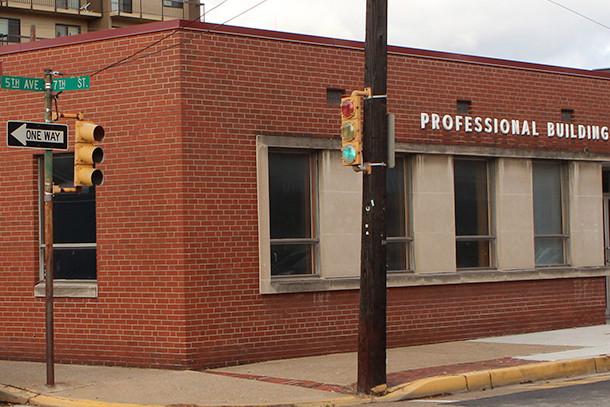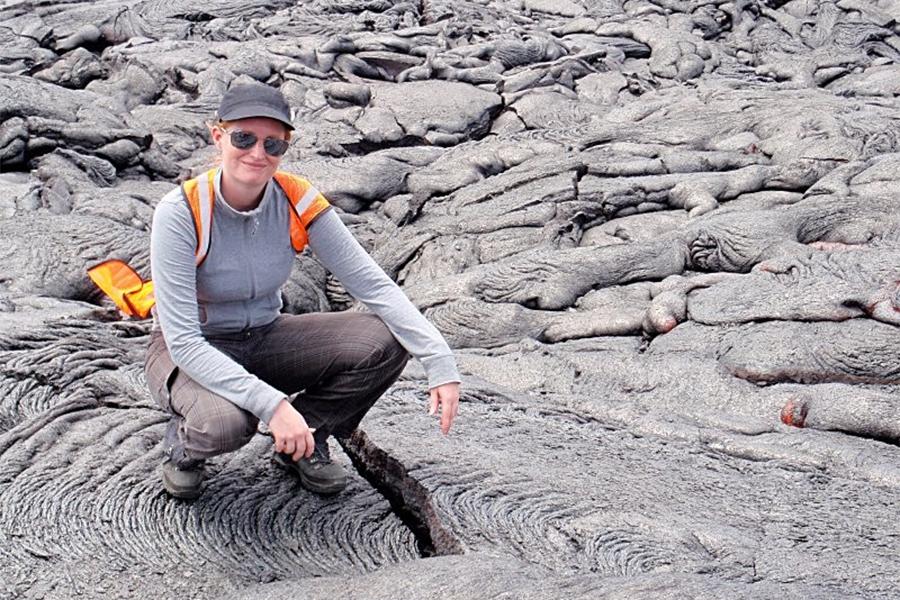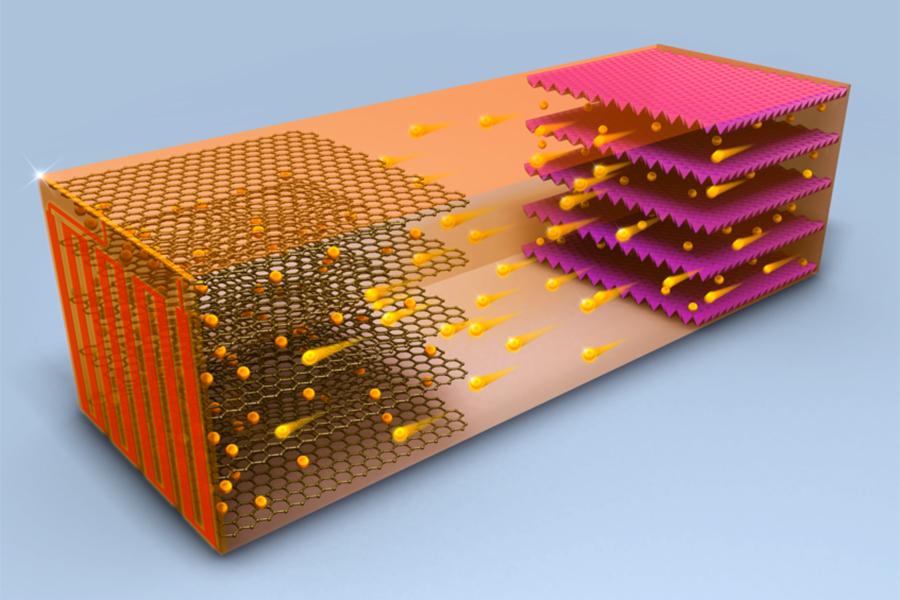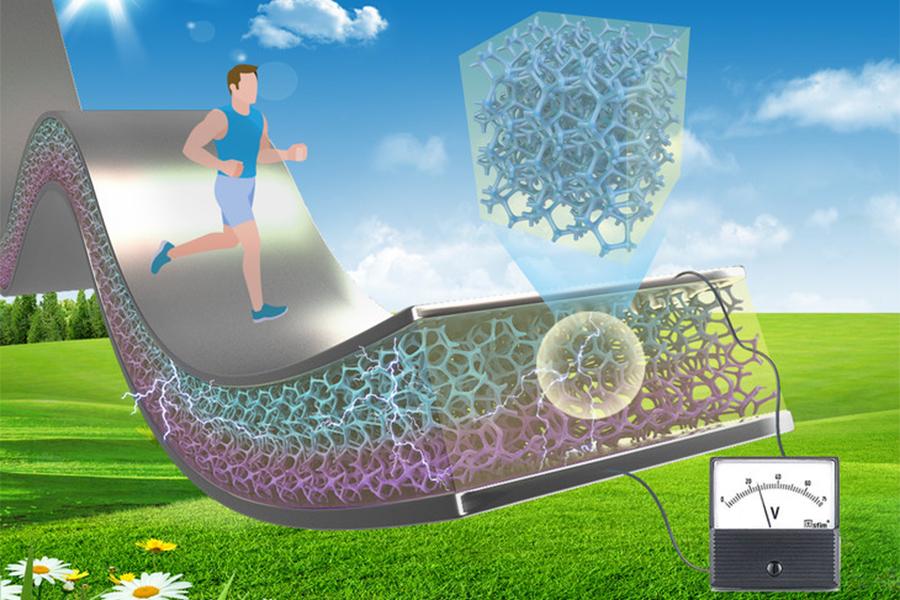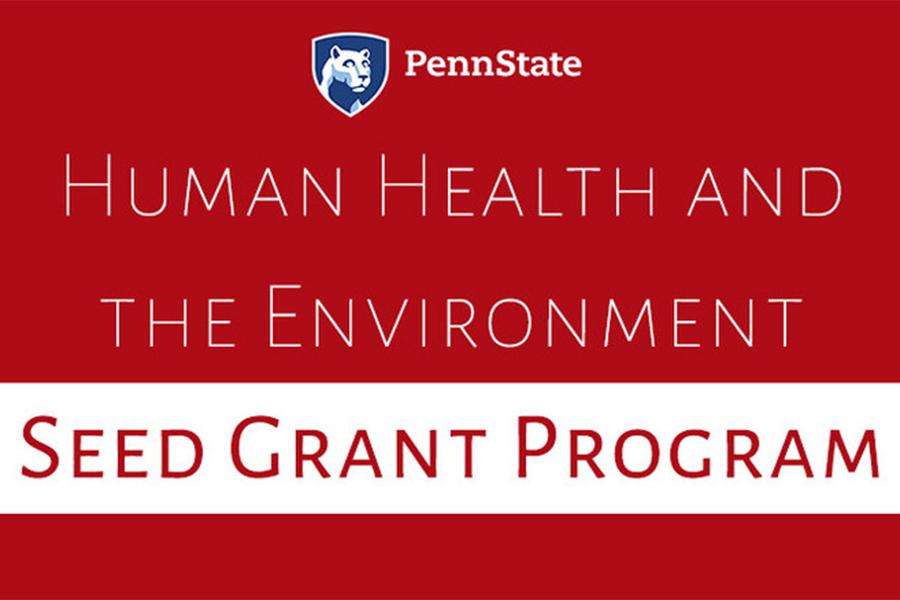Read the latest news about research conducted by investigators in the College of Earth and Mineral Sciences. Our faculty and students are continually advancing technology, creating solutions and expanding knowledge with new and innovative research.
News
Dramatic improvements have been made to the process of converting carbon dioxide, a greenhouse gas, to methanol, a fuel and building block for a wide range of everyday materials, according to Penn State researchers.
Despite economic woes that could shutter two of Pennsylvania's nuclear power plants — which generate 6 percent of the state's power — power prices will remain steady due to low natural gas prices, according to Seth Blumsack, associate professor of energy policy and economics, Penn State.
A team led by Penn State's Applied Research Laboratory, in collaboration with the Center for Innovative Processing thru Direct Digital Deposition, has received a $1.4 million grant by the Air Force Research Laboratory to examine the random flaws that arise during the process of powder bed fusion additive manufacturing.
A new study of groundwater in a rural Pennsylvania county shows only rare instances of possible gas contamination amid an overall trend of improving water quality despite heavy Marcellus Shale development.
Penn State researchers have received approximately $535,000 to install a state-of-the-art, “super-finishing lab” for 3D-printed metal parts.
Clive Randall is part of a team designing and testing new roofing material to stop leakage and produce energy in New Kensington.
Some children fantasize about growing up and being a doctor, police officer, dancer or a big Hollywood star, but Christelle Wauthier had a different career in mind.
Revolutionizing the way electric vehicle batteries charge and spurring the technology as an environmental and economic growth driver will be possible thanks to a $1 million grant from the U.S. Department of Energy to Penn State engineers.
A 10-fold increase in the ability to harvest mechanical and thermal energy over standard piezoelectric composites may be possible using a piezoelectric ceramic foam supported by a flexible polymer support, according to Penn State researchers.
Human Health and the Environment seed grants for 2018 have been awarded to eight interdisciplinary teams of Penn State researchers. The seed grants were funded through a collaboration of Penn State Institutes and the College of Medicine, which collectively contributed more than $400,000.



